
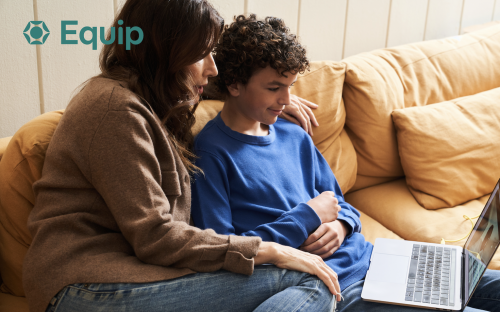
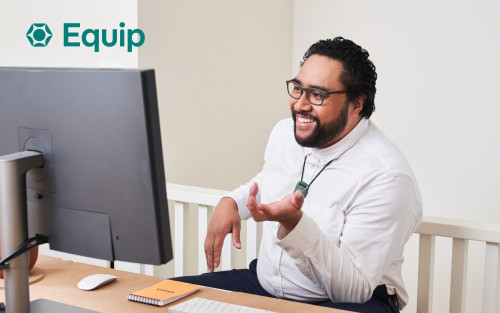



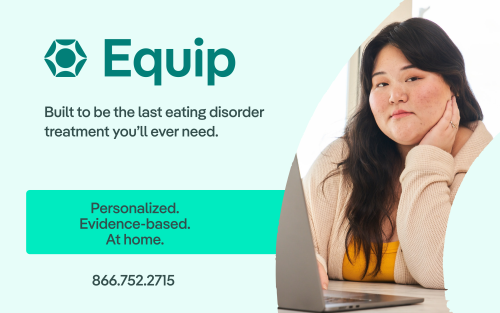
Equip - Virtual Eating Disorder Treatment
Verified Center
This provider's information has been quality-checked by Recovery.com's Research Team for accuracy and completeness, including center verification through appropriate third-party organizations.
Treatment Focus
You can get treatment for eating disorders at this center, helping you navigate symptoms, build coping tools, and restore your physical health under expert care.
Primary Level of Care
The delivery of therapeutic services utilizing technology such as video conferencing, online messaging or phone calls, allowing for flexibility, comfort and increased access to care
Treatment Focus
You can get treatment for eating disorders at this center, helping you navigate symptoms, build coping tools, and restore your physical health under expert care.
Primary Level of Care
The delivery of therapeutic services utilizing technology such as video conferencing, online messaging or phone calls, allowing for flexibility, comfort and increased access to care
Provider's Policy
Equip's one-step insurance screener lets you know whether our program is currently in-network with your health plan.
Equip - Virtual Eating Disorder Treatment
Equip - Virtual Eating Disorder Treatment
About Equip - Virtual Eating Disorder Treatment
Equip is a fully virtual eating disorder program that integrates into daily life and evolves with the patient. Each patient is matched with a multidisciplinary, 5-person care team that remains with them throughout their entire recovery journey, instead of “stepping down” to new care teams and environments. Covered by insurance and with no waitlist, Equip offers personalized support for all eating disorder diagnoses — because recovery is never one-size-fits-all.
Receive Well-Rounded Support
Equip combines clinical expertise with lived experience to give patients the comprehensive support they need. They use only leading, evidence-based treatment modalities to craft a personalized care plan. They match each patient with a dedicated care team that provides therapy, nutritional counseling, medical care, and mentorship. Beyond provider sessions, patients and their loved ones have access to support groups, workshops, meal support, body image work, and more.
Connect in Virtual Support Groups
Equip offers dozens of virtual support groups each week, welcoming patients and loved ones to connect anonymously. Groups span a wide range of identities and needs. Patients can join spaces for 2SLGBTQIA+ adults and teens, men, BIPOC patients, athletes, and more. Caregiver groups focus on skill-building and shared experience, including groups specifically for those supporting Avoidant/Restrictive Food Intake Disorder (ARFID) or gender-diverse patients, for example.
Make a Plan to Prevent Relapse
One reason Equip seeks insurance authorization for up to a year of treatment is to help patients prevent relapse during early recovery. Each patient works with their team on a relapse prevention plan to prepare for triggers and stressors. Even after stabilization, the care team remains involved, offering a safety net as patients navigate challenges during the vulnerable first few months in recovery.

Highlights from the Center
Highlights
These highlights are provided by and paid for by the center.
1-on-1 Counseling
Co-Occurring Disorders Treatment
Adolescents
Eating Disorders Program
Center Overview
Treatment Focus
You can get treatment for eating disorders at this center, helping you navigate symptoms, build coping tools, and restore your physical health under expert care.
Insurance Accepted
Cash Pay Rates
Estimated Cash Pay Rate
Center pricing can vary based on program and length of stay. Contact the center for more information. Recovery.com strives for price transparency so you can make an informed decision.
Meet Your Care Team

Erin Parks
Chief Clinical Officer & Co-Founder
PhD

Kristina Saffran
CEO & Co-Founder
Project HEAL Cofounder & CEO
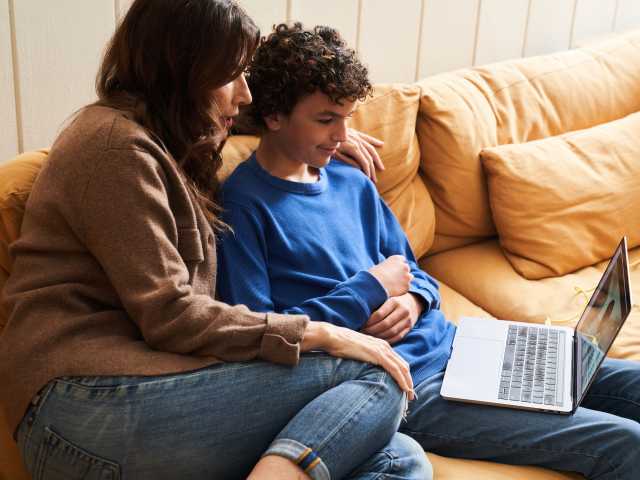


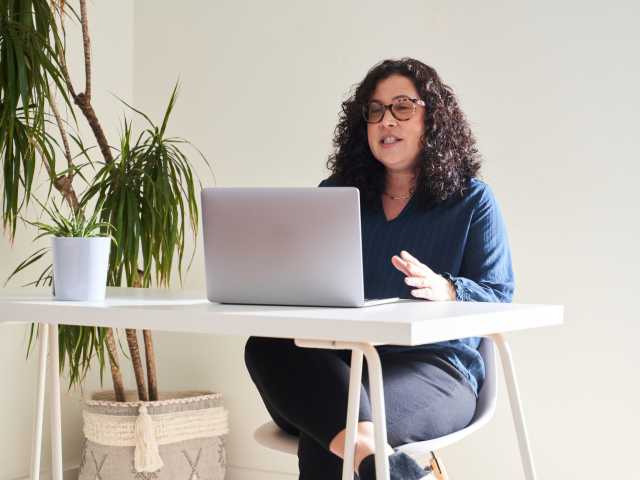
Levels of Care



Your Care Options
Specializations
Eating Disorders
An eating disorder is a long-term pattern of unhealthy behavior relating to food. Most people with eating disorders have a distorted self-image.
Who We Treat
Men and Women
Men and women attend treatment for addiction in a co-ed setting, going to therapy groups together to share experiences, struggles, and successes.
Young Adults
Emerging adults ages 18-25 receive treatment catered to the unique challenges of early adulthood, like college, risky behaviors, and vocational struggles.
Adolescents
Teens receive the treatment they need for mental health disorders and addiction, with the added support of educational and vocational services.
Children
Treatment for children incorporates the psychiatric care they need and education, often led by on-site teachers to keep children on track with school.
LGBTQ+
Addiction and mental illnesses in the LGBTQ+ community must be treated with an affirming, safe, and relevant approach, which many centers provide.
Approaches
Personalized Treatment
The specific needs, histories, and conditions of individual patients receive personalized, highly relevant care throughout their recovery journey.
Evidence-Based
A combination of scientifically rooted therapies and treatments make up evidence-based care, defined by their measured and proven results.
Family Involvement
Providers involve family in the treatment of their loved one through family therapy, visits, or both–because addiction is a family disease.
Individual Treatment
Individual care meets the needs of each patient, using personalized treatment to provide them the most relevant care and greatest chance of success.
Therapies
1-on-1 Counseling
Patient and therapist meet 1-on-1 to work through difficult emotions and behavioral challenges in a personal, private setting.
Family Therapy
Family therapy addresses group dynamics within a family system, with a focus on improving communication and interrupting unhealthy relationship patterns.
Body Image Therapy
Therapists use cognitive behavior techniques to challenge how patients perceive their body and their worth, rewriting negative thoughts and attitudes.
Online Therapy
Patients can connect with a therapist via videochat, messaging, email, or phone. Remote therapy makes treatment more accessible.
Conditions We Treat
Eating Disorders
An eating disorder is a long-term pattern of unhealthy behavior relating to food. Most people with eating disorders have a distorted self-image.
Languages
Aftercare
Care Designed for Your Needs
Special Considerations
Young Adults Program
Programs for young adults bring teens 18+ together to discuss age-specific challenges, vocational and educational progress, and successes in treatment.
LGBTQ group
Group therapy unites LGBTQ+ patients in a safe and culturally competent setting, encouraging peer support under the expert leadership of a therapist.






